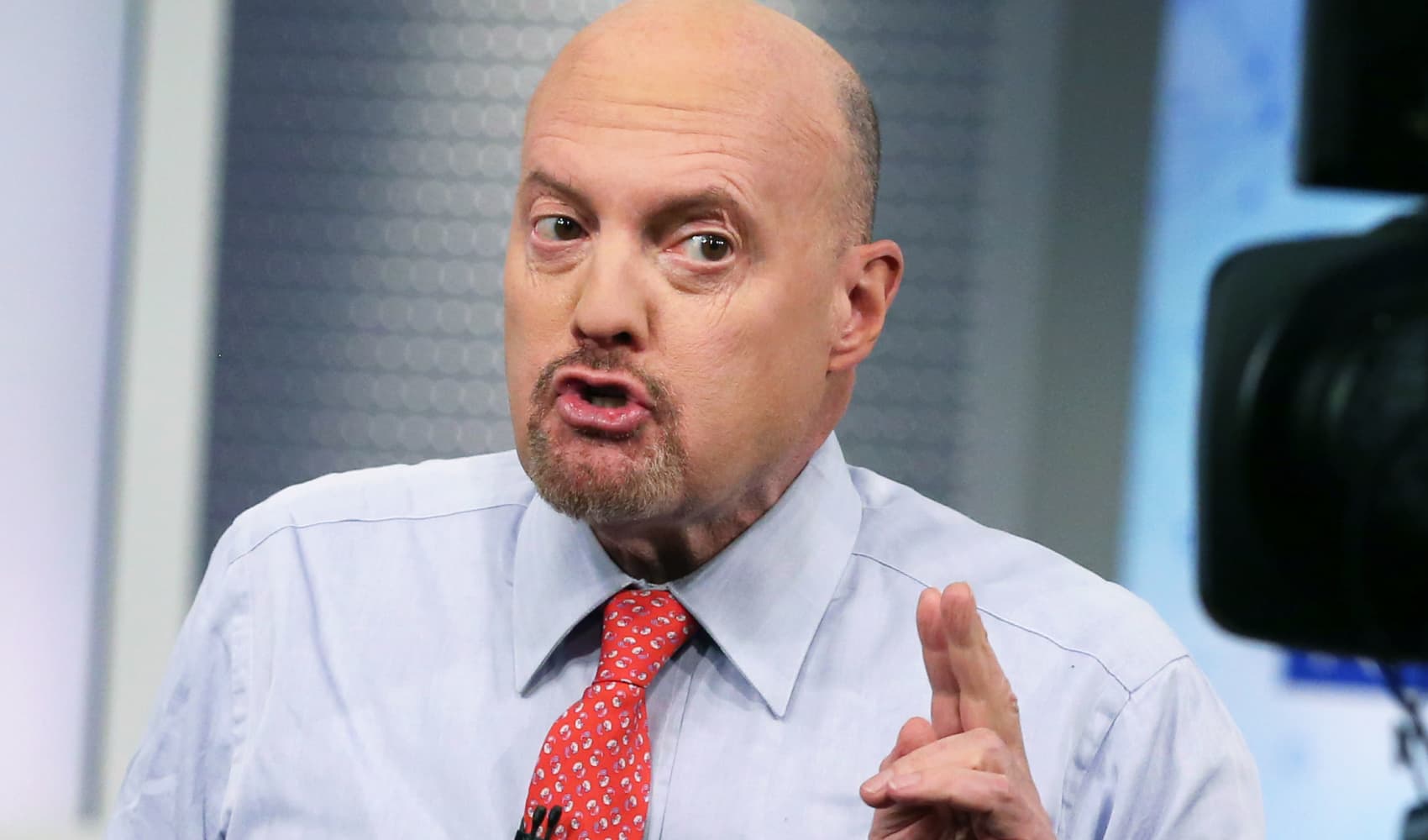
- The sport's new regulations suggest that car makers are not pinning all their hopes on electrification.
- In 2026, F1 cars will be powered by hybrid engines with a 50:50 split between electric-power and internal combustion.
- Crucially, the combustion engine will be powered by synthetic e-fuels.
If you want to see into the future of car making, the Formula One rulebook has often been a good place to start.
Regulations that made seat belts and crumple zones mandatory in race cars soon led to their adoption in road vehicles, while KERS (kinetic energy recovery) systems which teams developed to capture and convert energy lost while braking have made hybrid cars, buses, and taxis lighter and more efficient.
But the sport's new regulations suggest that car makers are not pinning all their hopes on electrification. In 2026, F1 cars will be powered by hybrid engines with a 50:50 split between electric-power and internal combustion; crucially, the combustion engine will be powered by synthetic e-fuels.
"We want to tackle climate change, and here is [synthetic fuels] a way of doing it," Pat Symonds, F1's former chief technical officer, told CNBC while he was still at the organization.
"It is different to electrification, and since we started this project several years ago more people are coming to realize that there is a parallel pathway to the decarbonization of transport."
One of those changing strategy is Honda, which announced it would be returning to F1 in 2026 after leaving the sport in 2021 to "strive for the realization of carbon neutrality by 2050." Another is Audi, which left Formula E in 2021 to join F1 in 2026, the same year that the German automotive company will stop producing new combustion engine cars and only release electric vehicles.
On the face of it, investing sizable amounts in developing an F1 engine that will never transfer to its road cars seems contradictory, but some think F1's automotive partners are hedging their bets on electrification. "No company follows a linear path to sustainability," Madeleine Orr, assistant professor of sports ecology at the University of Toronto, told CNBC. "If Audi is looking for the R&D it needs to ramp up certain products, F1 is a great way to do that."
Money Report
One of the products Audi is ramping up is synthetic e-fuels, which use renewably-generated electricity to break water into hydrogen and oxygen before combining them with carbon dioxide. At present e-fuels are prohibitively expensive for most road users, but producers point out that they are a cleaner alternative for industries which are hard to electricity such as aviation and shipping.
This is viewed by some as a Trojan horse to derail the electrification of road vehicles.
Get a weekly recap of the latest San Francisco Bay Area housing news. >Sign up for NBC Bay Area’s Housing Deconstructed newsletter.
"Producing e-fuels is a far less efficient use of renewable energy than powering an electric vehicle," said Alex Keynes, cars policy manager at climate group Transport and Environment.
"These fuels are critical for decarbonizing industries that you can't electrify easily, but it's a hugely inefficient use of renewable energy in cars compared to battery power."

Without denying the engineering arguments for electrification, proponents of e-fuels reply that this ignores economic realities. "The world doesn't run on efficiency but on markets and ultimately on price," Paddy Lowe, veteran F1 engineer and founder of e-fuels company Zero, told CNBC. "When I plug an electric car in, I'm using the most expensive electricity in the world in terms of infrastructural requirements; not everybody can afford that," he said.
Car buyers seem to agree. EV sales in the U.S. were flat in the first quarter while in Europe year-on-year sales dropped 5.2% in March as inflation cut into the sector's growth. This may only be a blip for electrification, but it has forced some manufacturers to hit the brakes on their plans with Ford pushing the release of its new electric SUV to 2027.
The prospect of increasingly isolationist policies by lawmakers will also weigh on manufacturers' minds. U.S. presidential hopeful Donald Trump has threatened to remove environmental subsidies and impose a 100% import tariff on EVs if he returns to office. Meanwhile, Germany's Free Democratic Party (FDP) has blocked the EU-wide phase-out of cars using Internal Combustion Engines (ICE) cars after 2035, demanding an amendment that allows for vehicles running on e-fuels. "We in Germany mastered the technology of the combustion engine better than anyone else in the world," exclaimed the FDP's transport minister after issuing the block. "It makes sense to keep this technology in our hands while some of the questions around climate-neutral mobility remain unanswered."
But not all German automotive manufacturers supported the block. In mid-2023, Mercedes CEO Ola Kallenius doubled down on the company's plans to prioritize EV development, pointing out that e-fuels cannot compete with EVs in terms of emissions.
This put the German manufacturer at odds with F1. In early 2023, senior representatives of the sport are understood to have met politicians in Brussels to explain the benefits of e-fuels, even writing to the office of Frans Timmermans, then EU vice-president and climate action commissioner, to oppose the ban on "combustion engines" in favor of EVs, describing it as a "huge one-way bet on a relatively new technology."
When asked what the motivation for the meetings was, Liam Parker, F1's chief corporate relations and communications officer, told CNBC that "it was to explain our solution to decarbonizing road vehicles and continue to show that F1 holds a relevance in the automotive sector."
Some critics have alluded to more sinister motivations, however. "Given most carmakers have committed to electrification anyway, the only sectors that benefit from the e-fuels amendment is oil and gas, because it protects their legacy interests in oil refining," said Keynes. In 2020, Formula One signed a sponsorship deal with Saudi Aramco worth $45 million per year which stipulated that the partnership will work for the "advancement of sustainable fuels."
F1's CEO Stefano Domenicali denied the accusations that F1 were acting on behalf of Aramco when put to him by CNBC. "We are not lobbying for anyone, we are thinking of the best future for everyone. It's a very complex subject and we need to be more prudent than a lot of people that are talking without knowing the complexity of this transition," he said."
Regardless of their impact on the road, Domenicali is clear that sustainable fuels will play a big part in the future of his sport. "F1 has always been seen as having the lightest and best cars, so if sustainable fuels are successful we could go back to a situation where the battery is not needed anymore," he said.
Correction: This story has been updated with the correct spelling of Stefano Domenicali's name.






